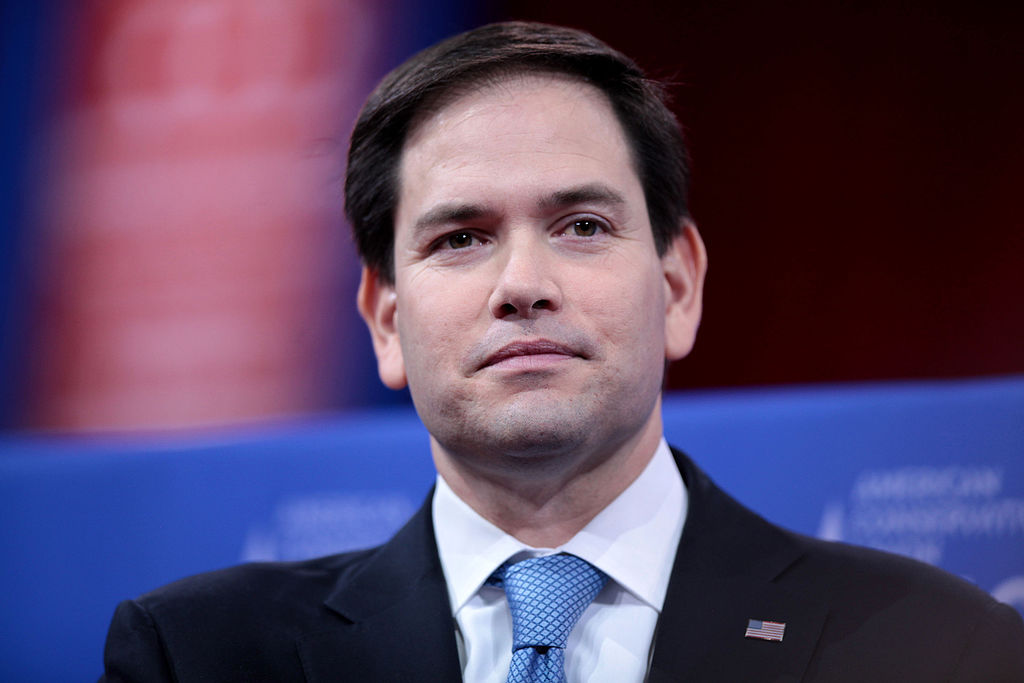U.S. Secretary of State Marco Rubio will not attend the upcoming G20 foreign ministers' meeting in South Africa, the State Department confirmed Wednesday. The decision comes just days after President Donald Trump warned of potential funding cuts to the African nation.
The high-level summit, scheduled for February 20-21 in Johannesburg, is expected to address global economic challenges, international security, and diplomatic cooperation among the world's largest economies. Rubio’s absence raises questions about the Biden administration’s stance on U.S.-Africa relations, particularly in light of recent geopolitical tensions.
Trump’s remarks about cutting aid to South Africa have added to the uncertainty surrounding U.S. engagement with African nations. His administration has been vocal about reassessing foreign assistance, citing concerns over governance and policy differences. South African officials have yet to respond to the latest developments.
While other top diplomats from G20 nations will convene in Johannesburg, the U.S. will likely send a lower-ranking representative in Rubio’s place. The meeting comes at a critical time as nations navigate economic slowdowns, trade disruptions, and geopolitical shifts.
Rubio’s absence signals potential shifts in U.S. foreign policy, which could impact diplomatic ties and future collaboration on key issues such as trade, security, and economic development. Observers will be watching closely to see how South Africa and other G20 members react to Washington’s latest move.
With the G20 summit set to proceed without the top U.S. diplomat, global leaders will have to navigate discussions without direct input from Washington’s highest-ranking foreign policy official. The outcome could influence future international negotiations and U.S. relations with emerging markets, particularly in Africa.



 Trump Signs Executive Order Threatening 25% Tariffs on Countries Trading With Iran
Trump Signs Executive Order Threatening 25% Tariffs on Countries Trading With Iran  Trump Allegedly Sought Airport, Penn Station Renaming in Exchange for Hudson River Tunnel Funding
Trump Allegedly Sought Airport, Penn Station Renaming in Exchange for Hudson River Tunnel Funding  South Korea Assures U.S. on Trade Deal Commitments Amid Tariff Concerns
South Korea Assures U.S. on Trade Deal Commitments Amid Tariff Concerns  U.S.-India Trade Framework Signals Major Shift in Tariffs, Energy, and Supply Chains
U.S.-India Trade Framework Signals Major Shift in Tariffs, Energy, and Supply Chains  Pentagon Ends Military Education Programs With Harvard University
Pentagon Ends Military Education Programs With Harvard University  U.S. Announces Additional $6 Million in Humanitarian Aid to Cuba Amid Oil Sanctions and Fuel Shortages
U.S. Announces Additional $6 Million in Humanitarian Aid to Cuba Amid Oil Sanctions and Fuel Shortages  Trump Allows Commercial Fishing in Protected New England Waters
Trump Allows Commercial Fishing in Protected New England Waters  Nighttime Shelling Causes Serious Damage in Russia’s Belgorod Region Near Ukraine Border
Nighttime Shelling Causes Serious Damage in Russia’s Belgorod Region Near Ukraine Border  Trump Signs “America First Arms Transfer Strategy” to Prioritize U.S. Weapons Sales
Trump Signs “America First Arms Transfer Strategy” to Prioritize U.S. Weapons Sales  New York Legalizes Medical Aid in Dying for Terminally Ill Patients
New York Legalizes Medical Aid in Dying for Terminally Ill Patients  Trump’s Inflation Claims Clash With Voters’ Cost-of-Living Reality
Trump’s Inflation Claims Clash With Voters’ Cost-of-Living Reality  India–U.S. Interim Trade Pact Cuts Auto Tariffs but Leaves Tesla Out
India–U.S. Interim Trade Pact Cuts Auto Tariffs but Leaves Tesla Out  Netanyahu to Meet Trump in Washington as Iran Nuclear Talks Intensify
Netanyahu to Meet Trump in Washington as Iran Nuclear Talks Intensify  Iran–U.S. Nuclear Talks in Oman Face Major Hurdles Amid Rising Regional Tensions
Iran–U.S. Nuclear Talks in Oman Face Major Hurdles Amid Rising Regional Tensions  U.S. to Begin Paying UN Dues as Financial Crisis Spurs Push for Reforms
U.S. to Begin Paying UN Dues as Financial Crisis Spurs Push for Reforms  Trump Backs Nexstar–Tegna Merger Amid Shifting U.S. Media Landscape
Trump Backs Nexstar–Tegna Merger Amid Shifting U.S. Media Landscape  China Warns US Arms Sales to Taiwan Could Disrupt Trump’s Planned Visit
China Warns US Arms Sales to Taiwan Could Disrupt Trump’s Planned Visit 































